Hataka ORANGE LINE – German AFV in Africa paint set # CS90
Standard colours of German military vehicles in Africa during WW2
As the Wehrmacht was not properly prepared for the African campaign, first units transported to Africa in February 1941 wore standard Dunkelgrau scheme. They were subsequently covered with a mixture of mud, sand and water (or oil) as a temporary solution. The first dedicated camouflage was introduced in March 1941, consisting of RAL 8000 Gelbbraun and RAL 7008 Graugrün (colours previously used by German railway). RAL 8000 Gelbbraun was often used as an overall colour. Originally Dunkelgrau vehicles, repainted in field conditions, weathered heavily uncovering areas of the Dunkelgrau paint. In March 1942 both desert colours were replaced with more suitable RAL 8020 Braun and RAL 7027 Grau – used till withdrawal of German forces from Africa.
Contains the following colours (lacquer based paints, optimised for use with airbrush):
HTK-C164 – Panzer Dunkelgrau Base – RAL 840R – 7021, base colour (from mid-1937) and later overall colour (from mid-1940) of majority of German AFVs
HTK-C303 – Gelbbraun (Green Brown) – RAL 840R – 8000, initial camouflage colour of German AFVs in Africa (used between early 1941 and early 1942)
HTK-C304 – Graugrün (Khaki Grey) – RAL 840R – 7008, initial camouflage colour of German AFVs in Africa (used between early 1941 and early 1942)
HTK-C305 – Afrika Braun – RAL 840R – 8020, late camouflage colour of German AFVs in Africa and on Crete (used since early 1942)
HTK-C306 – Afrika Grau – RAL 840R – 7027, late camouflage colour of German AFVs in Africa and on Crete (used since early 1942)
HTK-C307 – Cremeweiss (Cream) – RAL 840R – 9001, standard interior colour of German closed compartment military vehicles throughout WW2

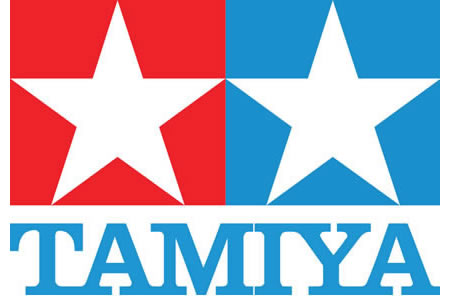
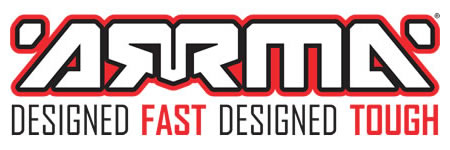
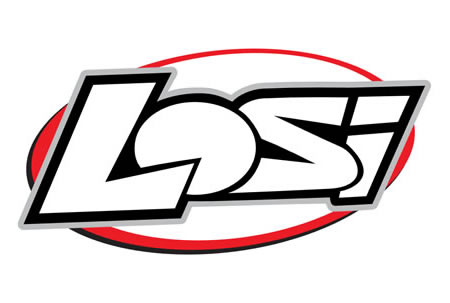
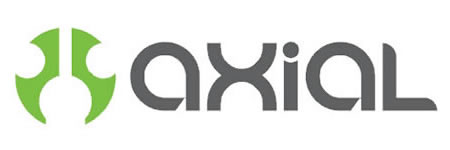
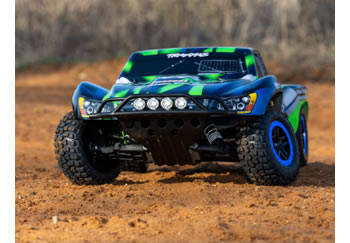
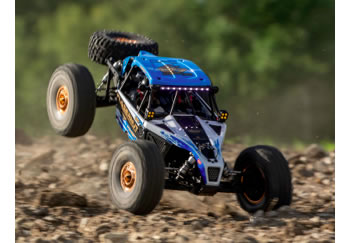
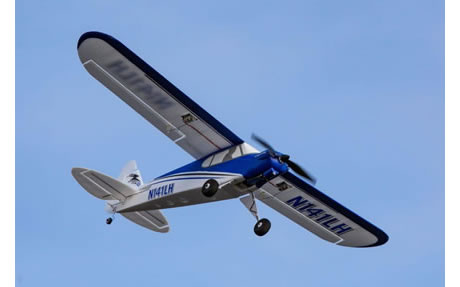
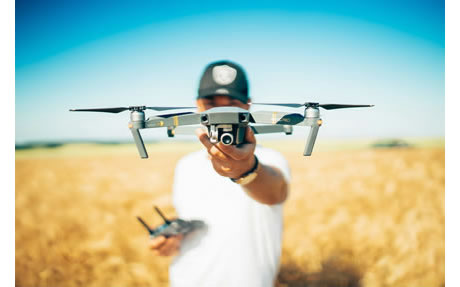
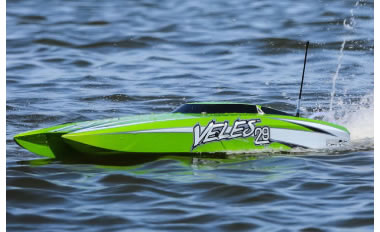
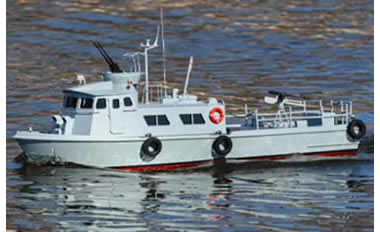
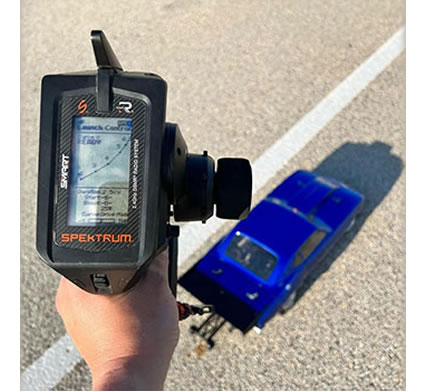
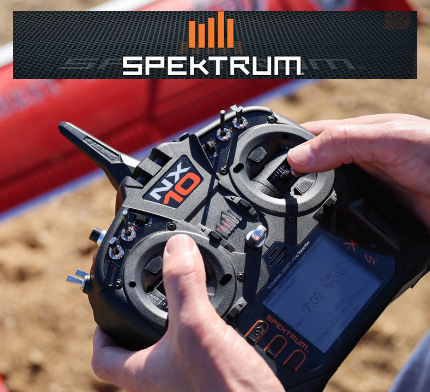
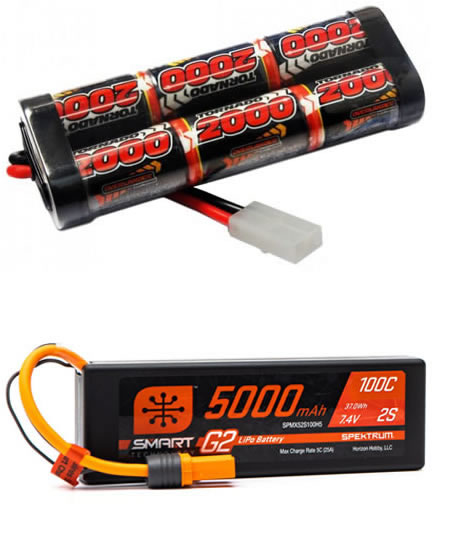
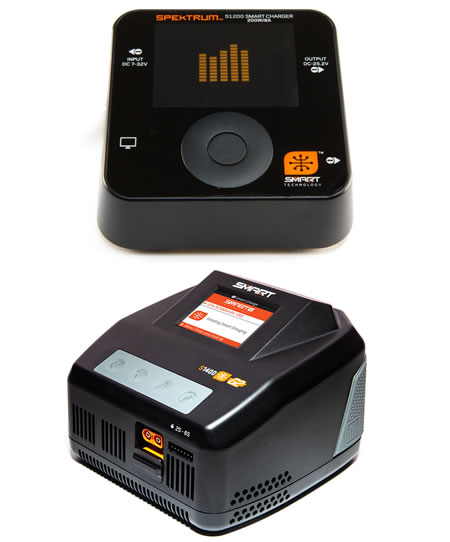
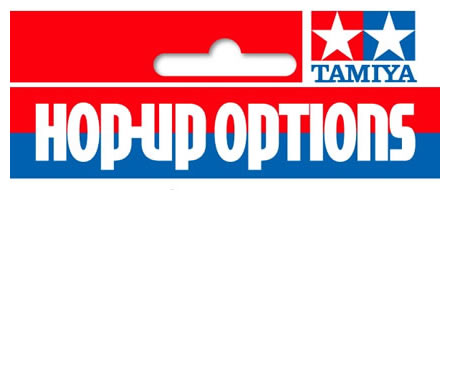
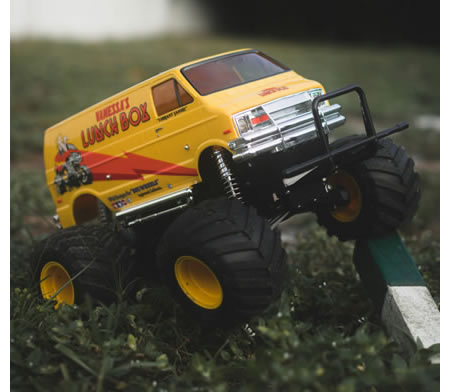
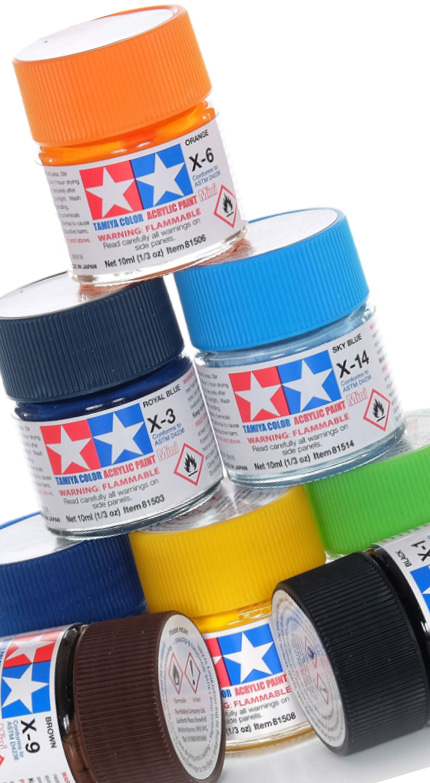
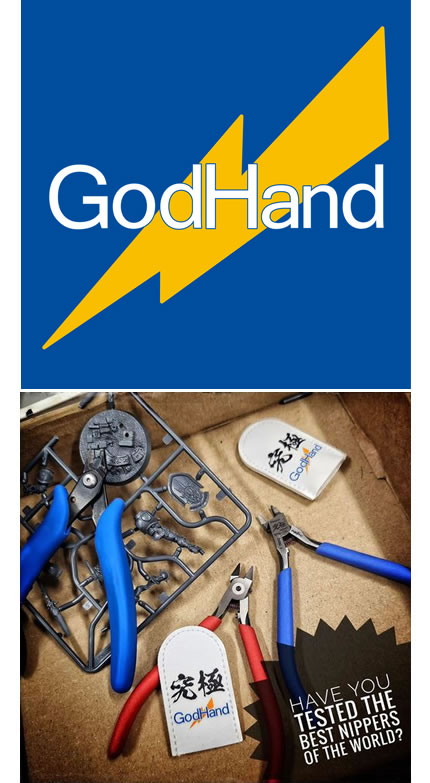
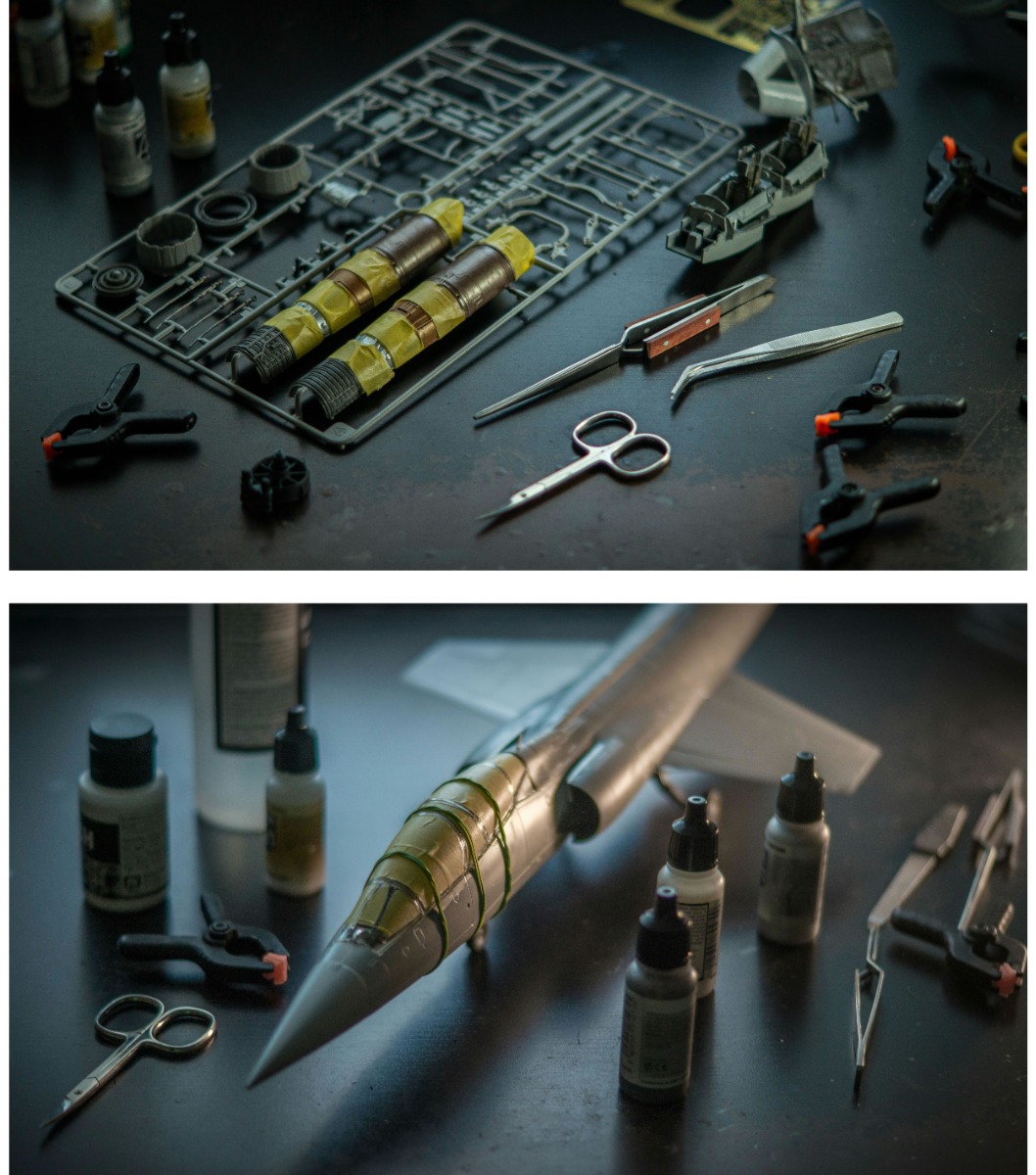
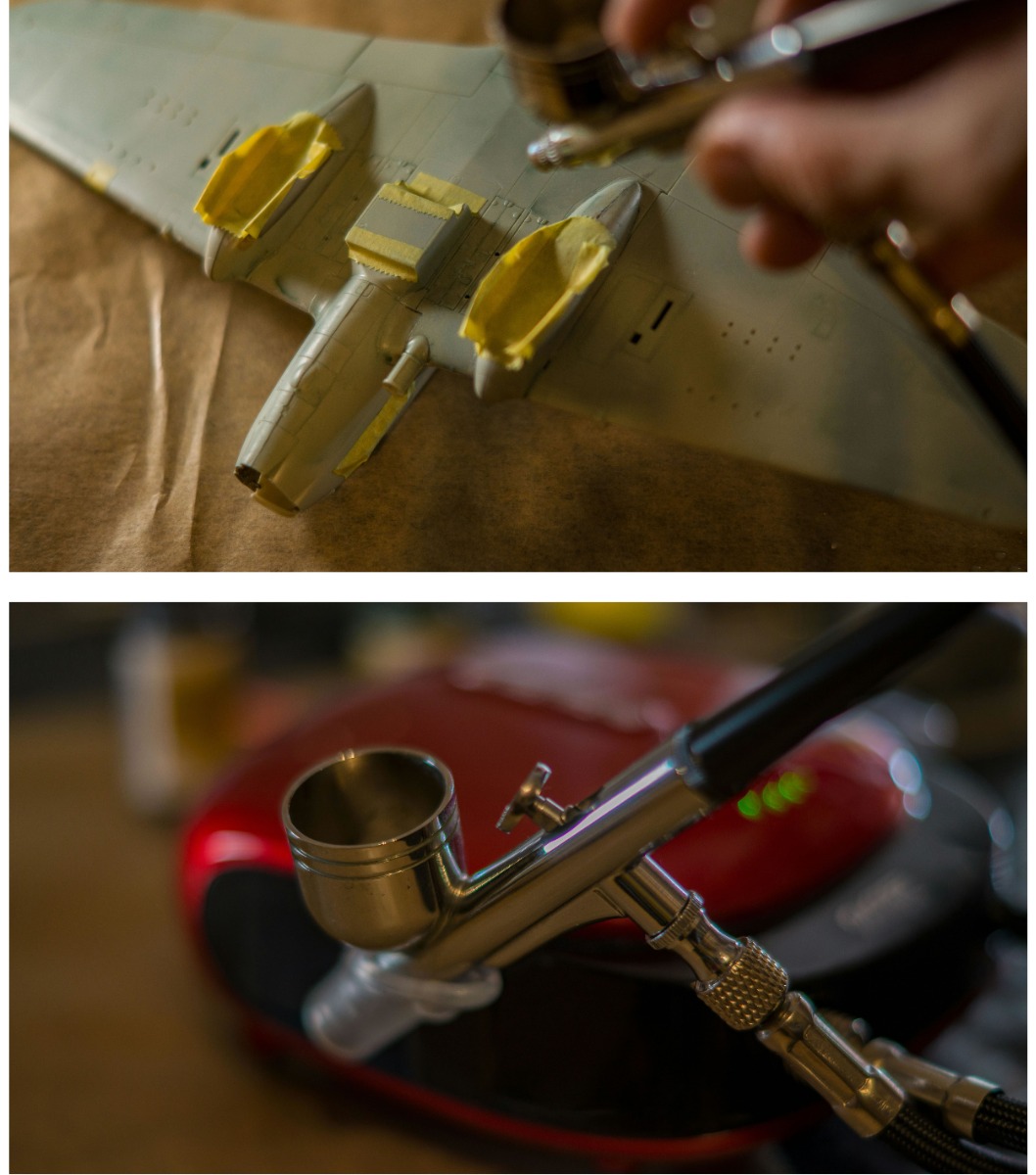
 Spread the cost with Paypal Credit
Spread the cost with Paypal Credit
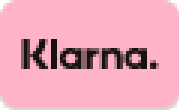 Spread the cost with Klarna
Spread the cost with Klarna









